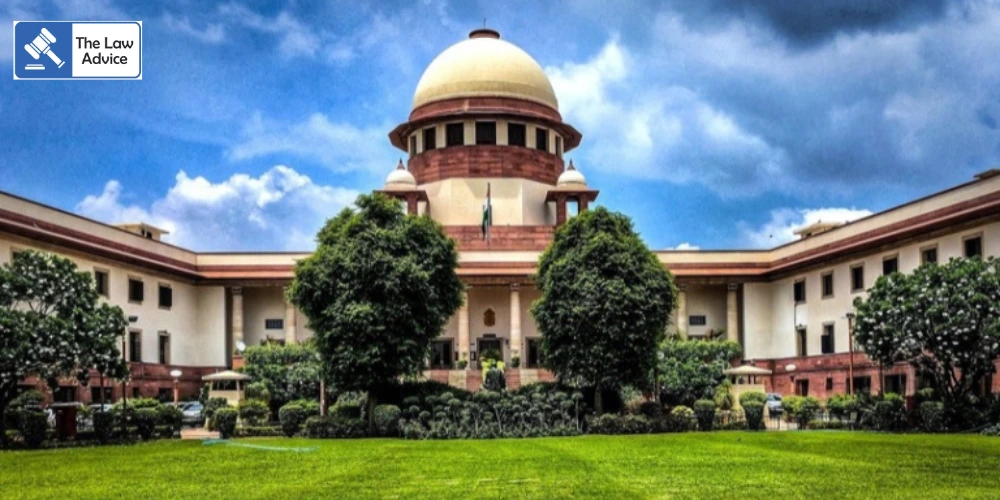New Delhi, July 25
The Supreme Court has firmly turned down a petition seeking an increase in assembly constituencies in Andhra Pradesh and Telangana, putting an end at least for now to the demand for a reconfiguration of political representation in the two states.
The Core Demand
The petition filed by Prof. K. Purushottam Reddy, a political science academic from Hyderabad, asked the Court to direct the Centre to implement Section 26 of the Andhra Pradesh Reorganisation Act, 2014. This section outlines an increase in legislative assembly seats—from 175 to 225 in Andhra Pradesh, and from 119 to 153 in Telangana—based on the bifurcation that took place in 2014.
Reddy’s plea pointed out that while Jammu & Kashmir has already undergone delimitation post-reorganisation, Andhra Pradesh and Telangana have been waiting over a decade without action, creating what he termed “a constitutional and political imbalance.”
What the Court Said
A two-judge bench led by Justice Surya Kant and Justice N. Kotiswar Singh dismissed the petition, making it clear that no delimitation can happen until after the first census conducted post-2026. This, the bench said, is due to a constitutional bar under Article 170(3) which freezes delimitation until the post-2026 census.
“Section 26 of the Reorganisation Act cannot override the constitutional mandate. Parliament itself has suspended delimitation till 2026 no court can force it to act before that,” said the bench.
Jammu & Kashmir Is Not A Precedent
In a crucial clarification, the Court rejected the comparison with Jammu & Kashmir, noting that the region is a Union Territory and does not operate under the same constitutional constraints as full-fledged states. The court emphasized that J&K’s delimitation was done under special circumstances and cannot be cited as a benchmark for others.
The bench also warned that allowing this petition could set a “dangerous precedent” where several other states might raise similar demands before the legally designated time.
Why This Matters
This ruling has significant political implications:
• Representation imbalance remains: Despite a growing population, AP and Telangana will continue with outdated seat distributions.
• Upcoming elections unaffected: Assembly polls in both states (due in 2029) will likely be conducted under existing seat counts.
• Delimitation awaits census: Only after the next official census which will be the first after 2026 can the number of seats be revisited.
Case Title:Prof. K. Purushottam Reddy v. Union of India & Ors.
